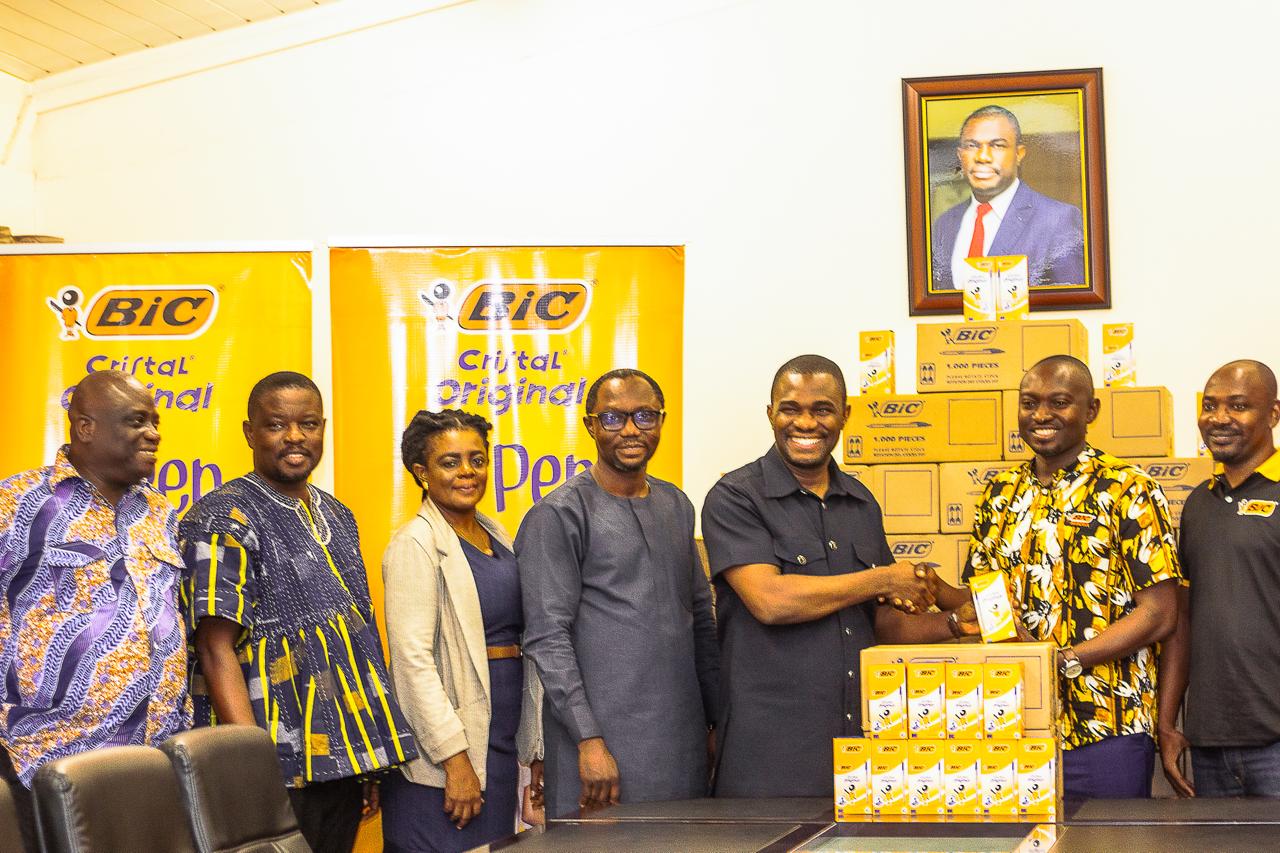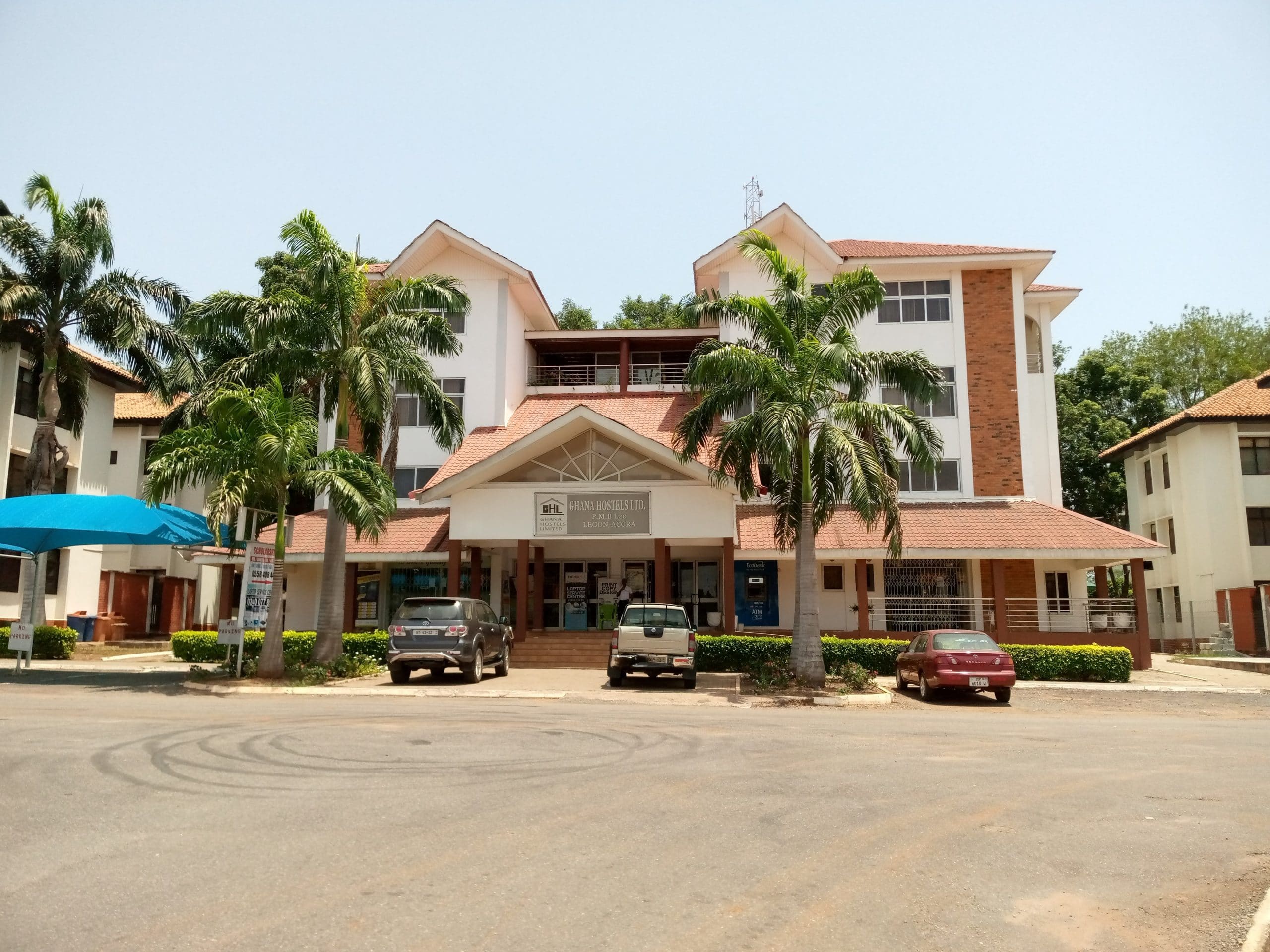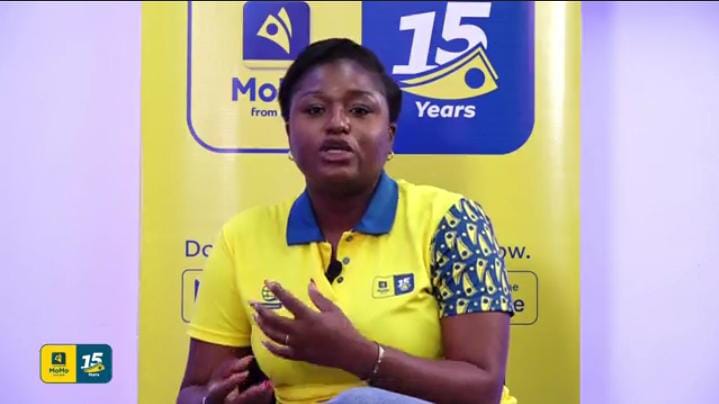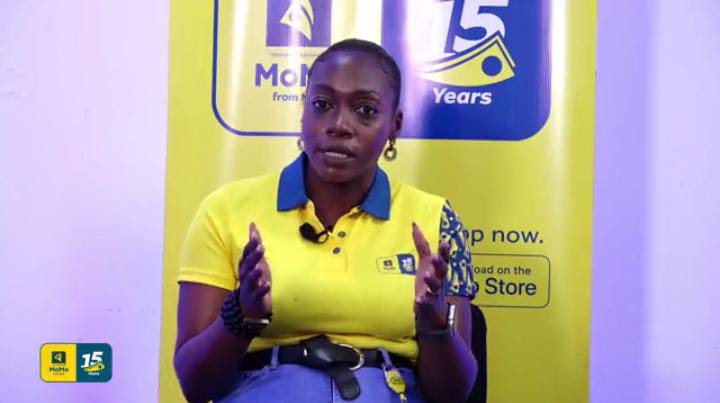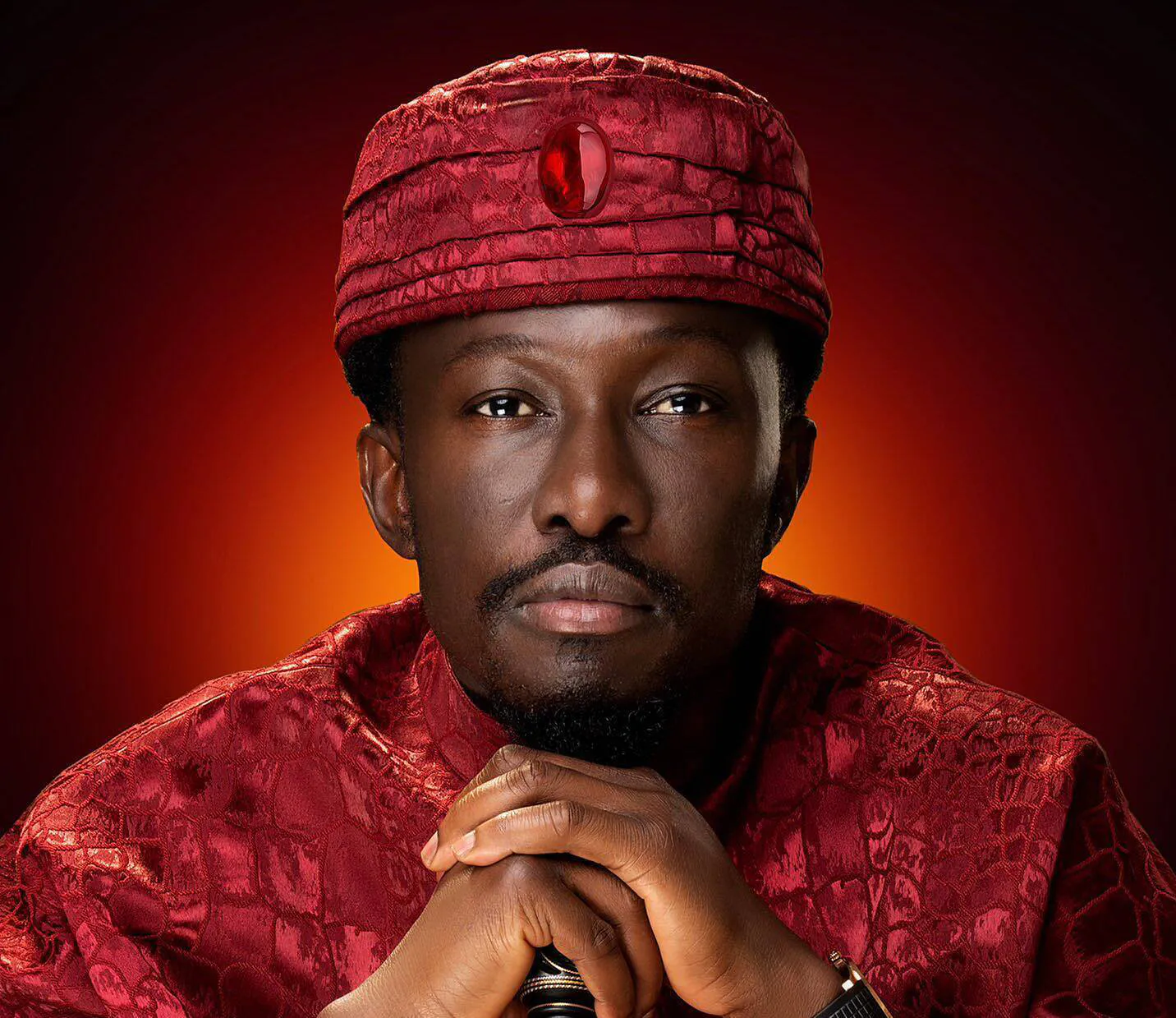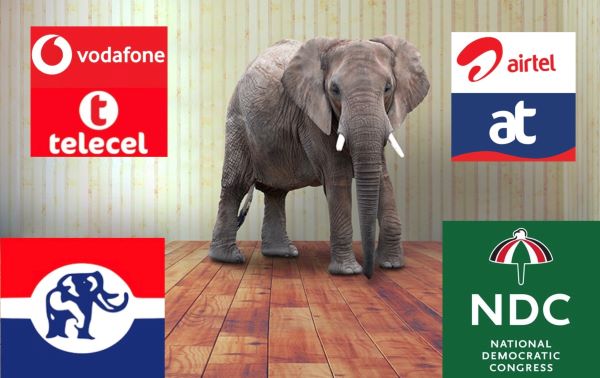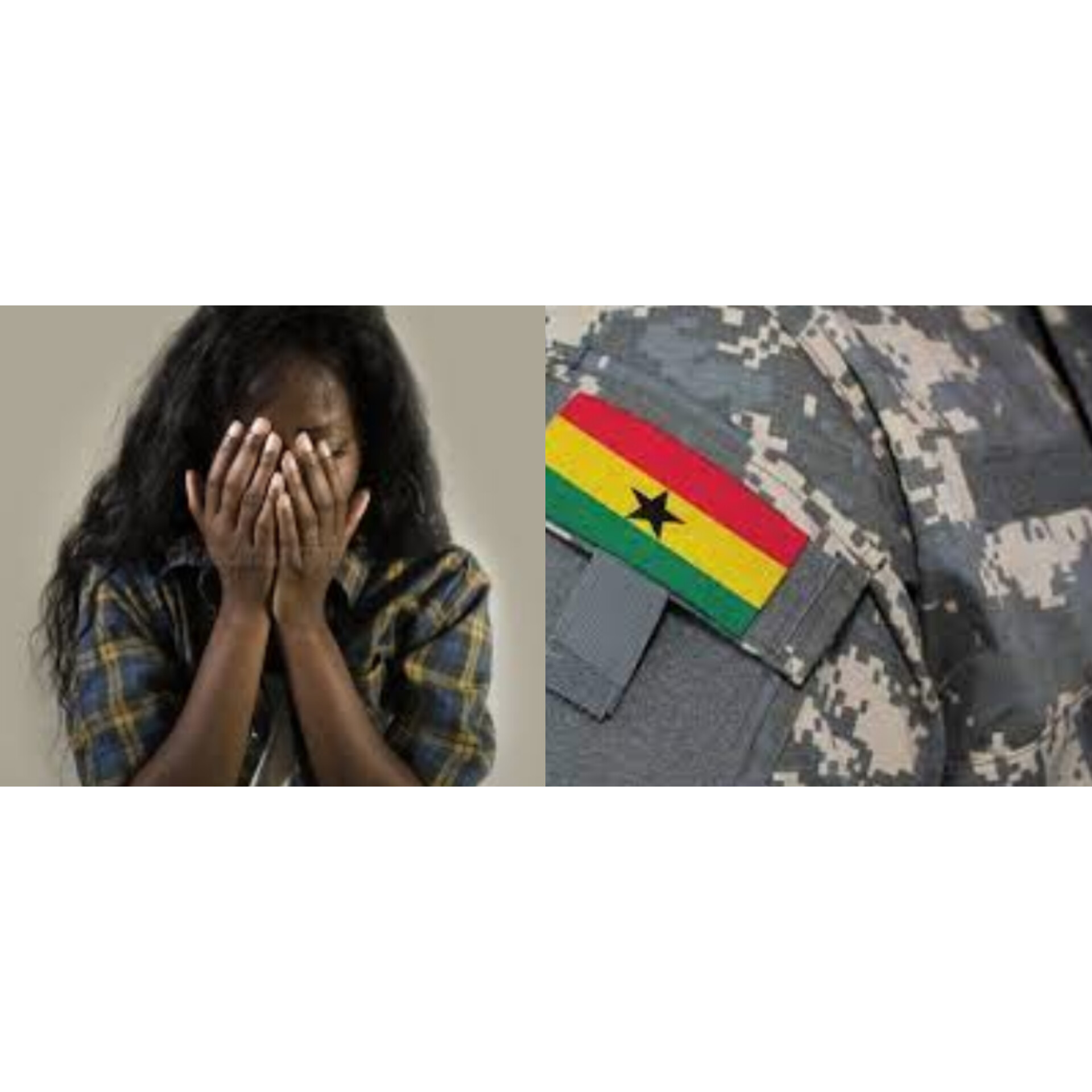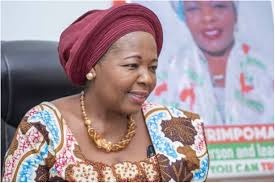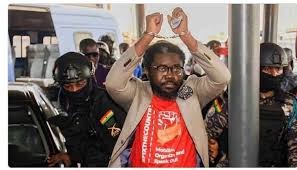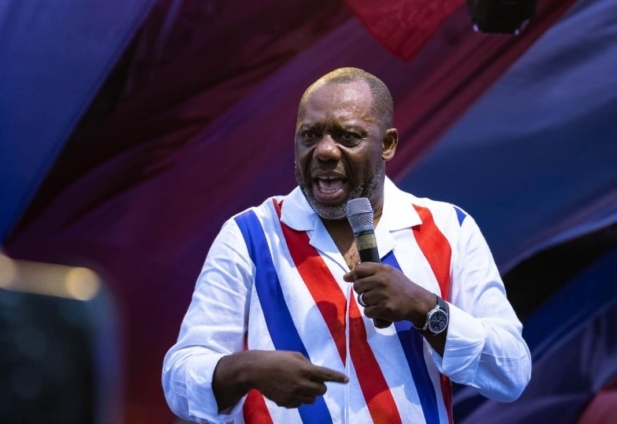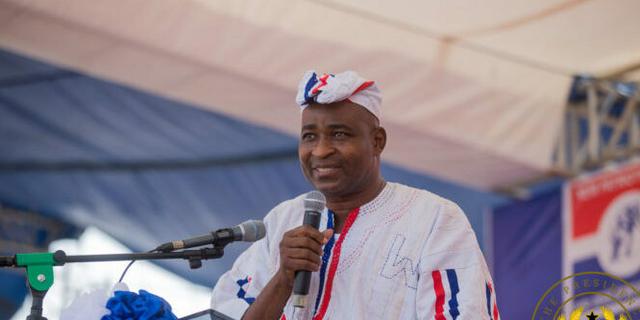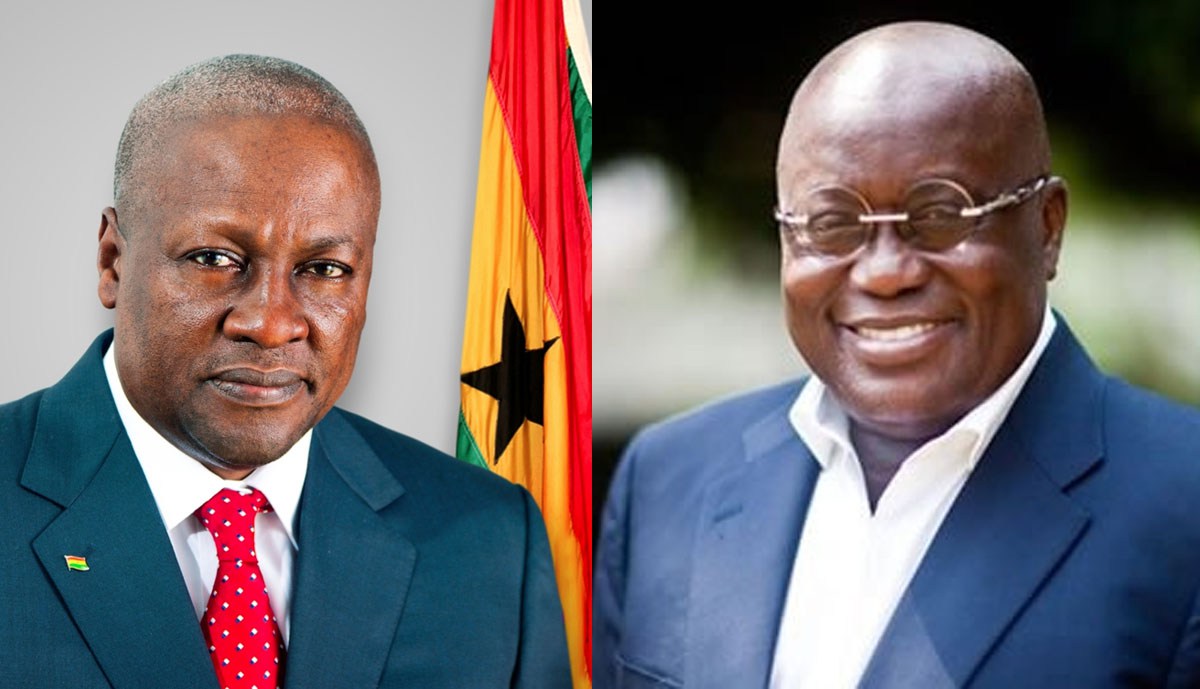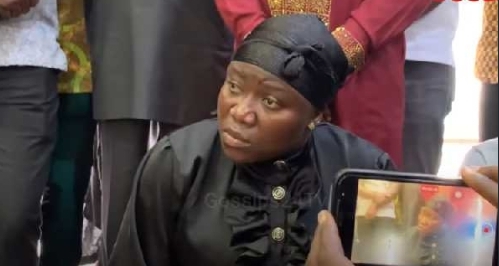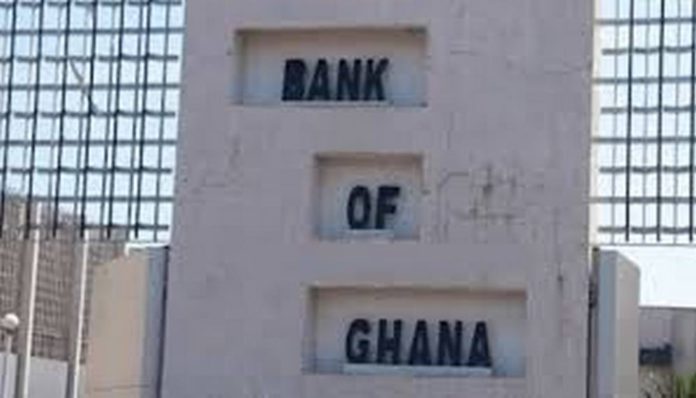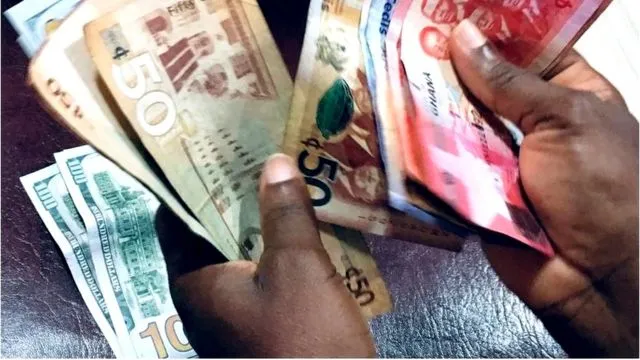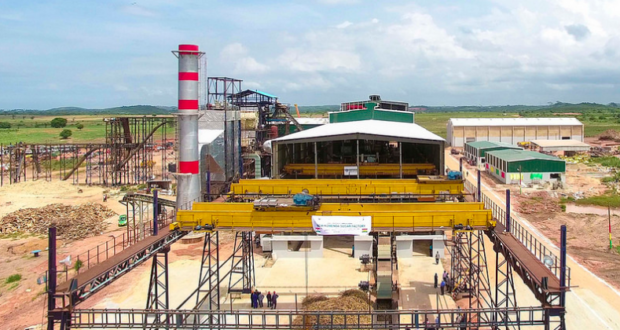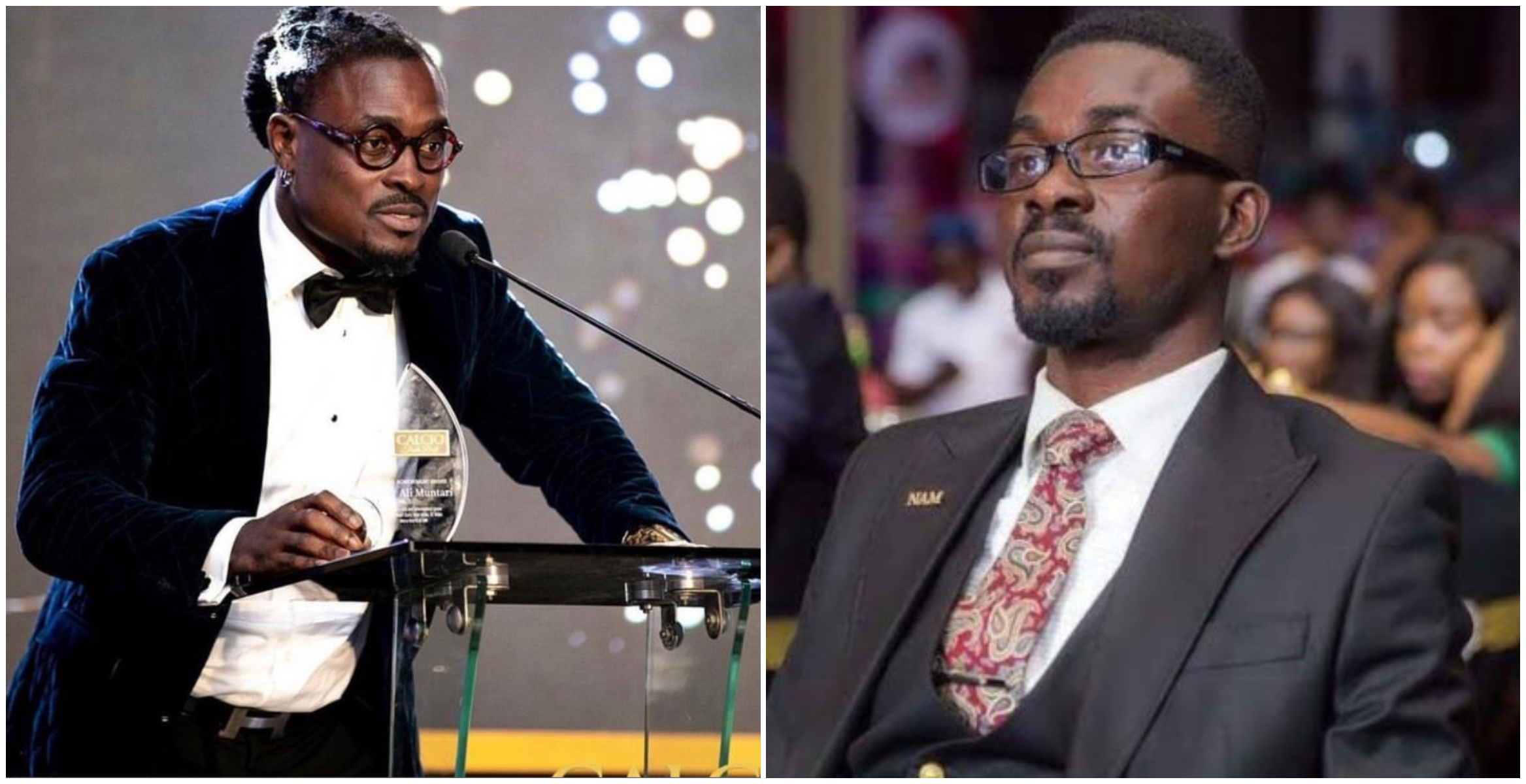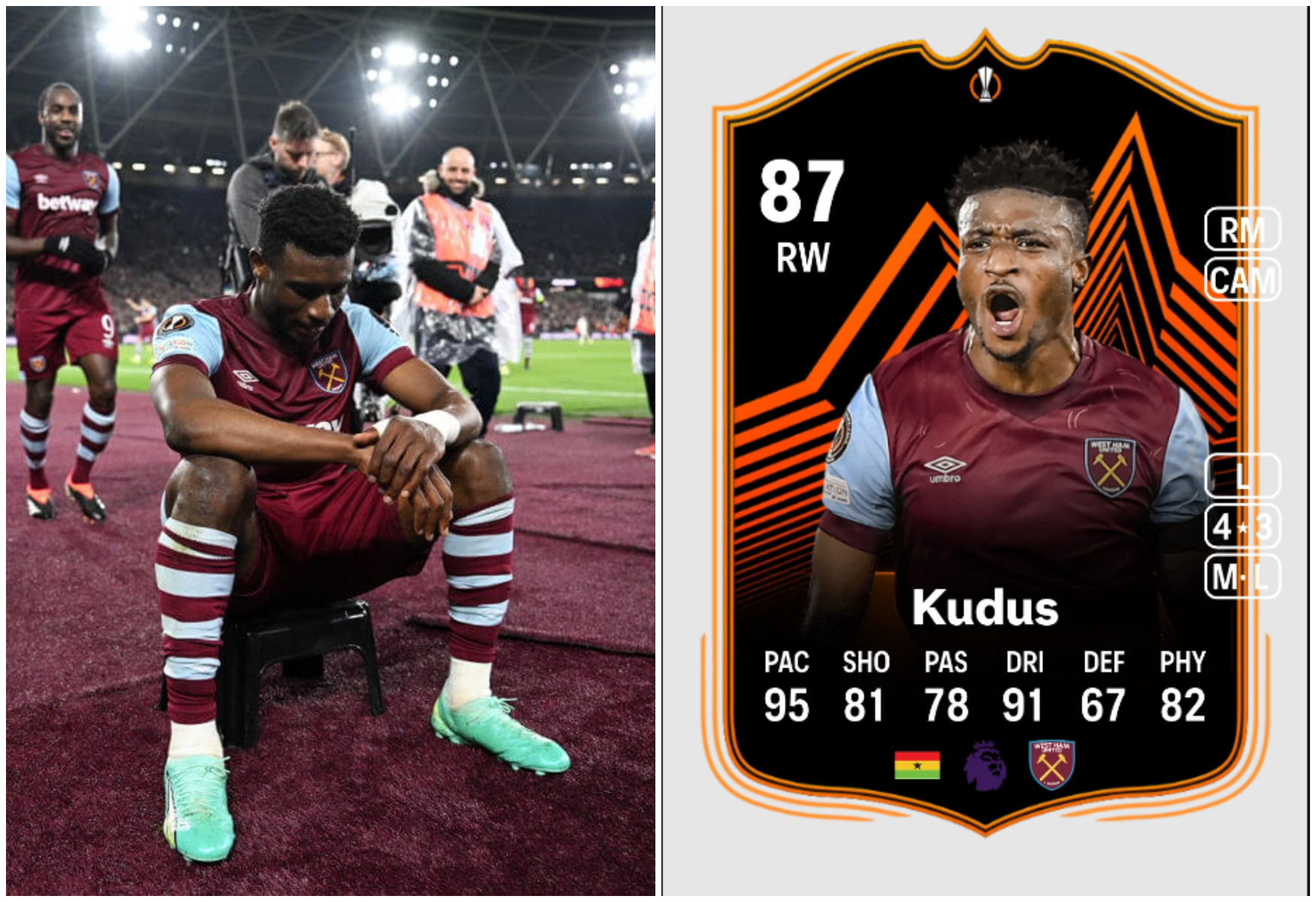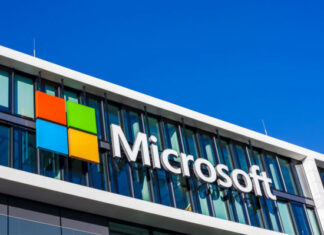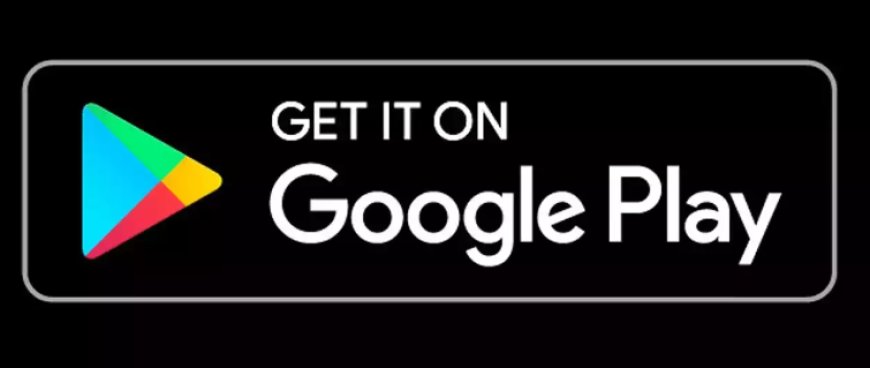Media Foundation for West Africa Women Empowerment for Female Journalists
By Akosua Frema Frempong and Christiana Anyang-Mintah The Media Foundation for West Africa with support from the French media development agency, Canal France International, has organized a four-day training workshop in Accra on Women’s Empowerment and Gender-Sensitive reporting for female journalists. It was to equip female journalists with the knowledge, skills, and tools necessary for […]

By Akosua Frema Frempong and Christiana Anyang-Mintah
The Media Foundation for West Africa with support from the French media development agency, Canal France International, has organized a four-day training workshop in Accra on Women’s Empowerment and Gender-Sensitive reporting for female journalists.
It was to equip female journalists with the knowledge, skills, and tools necessary for more effective reporting on issues related to gender equality and women’s empowerment.
A study on gender equality in the media and media content in sub-Saharan Africa published in 2022 by the French media development agency, Canal France International revealed among others that many women working in the media industry experience discrimination and violence.
Also, they are often under-represented in positions of responsibility and must fight to assert themselves. In light of these findings, the ‘Equal Voices’ Project being implemented by the Media Foundation for West Africa aims to combat gender inequalities and stereotypes in the media in Ghana and Côte d’Ivoire. It is also to ensure that managers of media outlets promote better representation of women, in both their managerial practices and editorial policies.
The main objective of the four-day training workshop in Accra on Women’s Empowerment and Gender-Sensitive reporting attended by eight selected female journalists was to empower women to take up managerial positions within their respective media organizations.
Participants were sensitized to the legal frameworks related to gender equality and empowerment in Ghana, Conflict Management, Domestic Violence, Sexual Harassment and mainstreaming gender equality and women empowerment perspectives.
At the opening session of the training, a Senior Programme Officer, Media and Good Governance of the Media Foundation for West Africa, Adizatu Moro Maiga, noted that media content production should be gendered such that women get to see themselves within the programmes that are aired.
“Women within the media are not highly positioned. And even in terms of content production, women are always limited in content production, even when it comes to certain assignments that women are part of. A lot of the time, they are given the so-called softer assignments to undertake, and it continuously undermine their abilities and their position. So this whole project is about empowering women to take up managerial positions within the newsroom.
And also in terms of media content production, it should be gendered, such that women get to see themselves within the programs that are aired. And even in terms of certain assignments that are supposed to be embarked on, it shouldn’t be about issues of, as you are a woman, you cannot do, and the likes. It should be, women should be given that equal opportunity, equal chances to undertake such assignments, unless they come themselves to say that, I cannot do because of A, B, and C.”, Madam Adizatu Moro Maiga indicated.
Executive Director of Women and Change, Dr. Charity Binka, who was a facilitator for the training workshop, urged women in the media to challenge themselves by defying all odds to get to top positions in their organizations.
“Media is a male-dominated field area. I mean, it’s male-dominated, and right from the beginning, they didn’t think that women should be there. So, our being there, more of like, we are crowding their space. But we have to also claim the space, because nobody gives anybody power. We have to claim it. We are not taking power from anybody, but you are finding your own power within that power, within that space. So I find this program very unique, because it’s bringing together women journalists from different media houses, from different regions. That alone is good for networking and sharing experiences and learning from one another.
Apart from the skills that are being imparted to them to be able to assert themselves, to be able to identify the gender issues, and be able to also, by themselves, put the gender agenda. Because women are better placed to put this agenda. We can have the men allies, but they can never feel what we feel. So I think that if you have more women who are speaking up for women, for themselves, for other women, then we are on the right path. And I’m hoping that after this training program, there may be many more to come, they will find themselves as having a common cause that we are fighting to get, because we let more women into the media,” Dr. Binka explained.
.
A lecturer at the Department of Communications Studies, University of Ghana, Dr. Aurelia Ayisi, encouraged the participants to build an online presence that reflects their beliefs and aspirations.
“This she explained would allow them to showcase their values and principles, build trust and credibility with their audience and connect them with like-minded individuals and organizations.”
What's Your Reaction?















